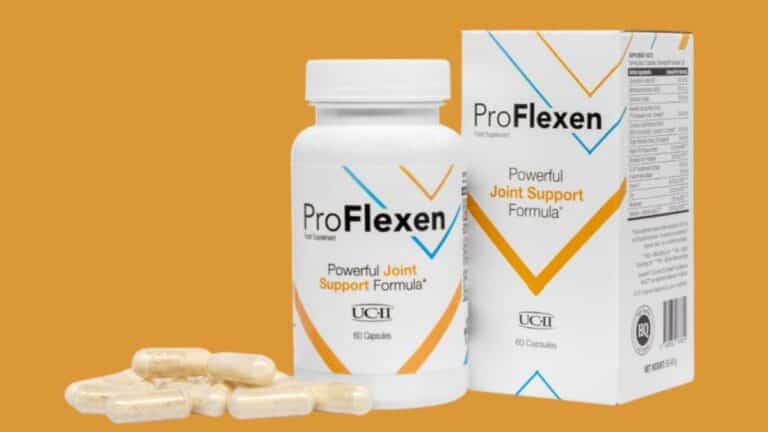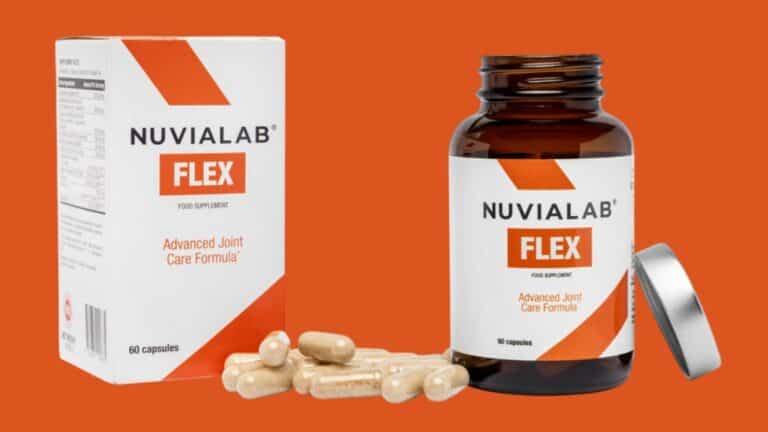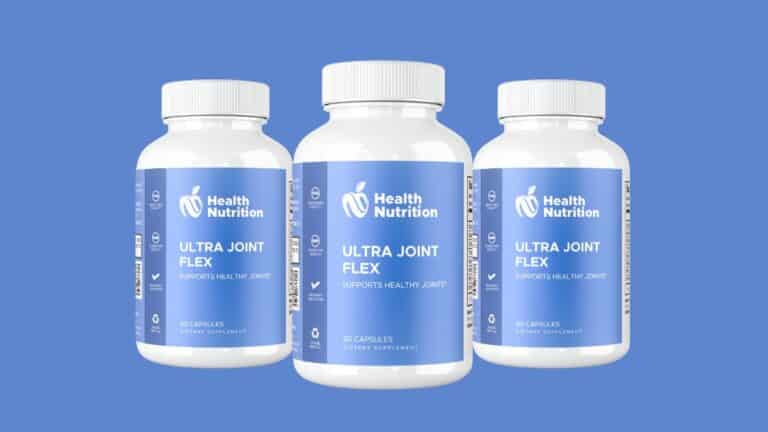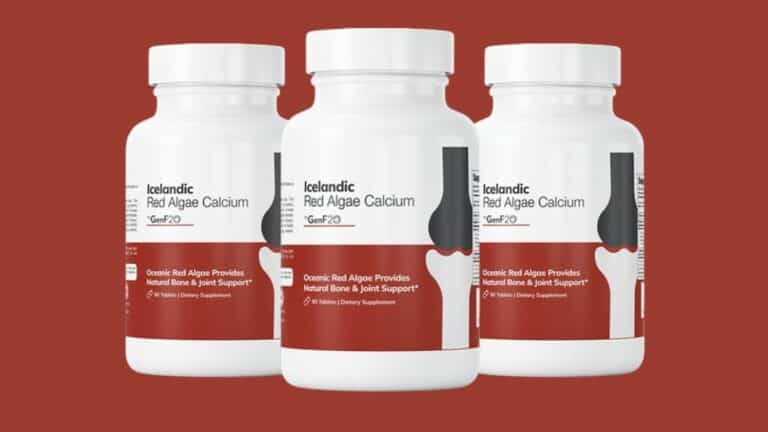Green tea has long been revered for its health benefits, ranging from boosting metabolism to enhancing brain function. This comprehensive guide explores the diverse advantages of green tea and its concentrated form, green tea extract, highlighting their impact on weight loss and overall health.
Green Tea and Weight Loss
Bioactive Compounds in Green Tea
Green tea is rich in bioactive substances such as caffeine and epigallocatechin gallate (EGCG). These compounds are known for their metabolic and fat-burning properties.
Caffeine Content: While green tea contains less caffeine than coffee, it still provides enough to have a mild stimulant effect. Caffeine has been shown to improve exercise performance and stimulate fat burning.
Catechins and EGCG: Green tea is loaded with potent antioxidants called catechins. The most significant of these is EGCG, which can boost metabolism and promote fat loss. EGCG works by inhibiting an enzyme that breaks down norepinephrine, a hormone involved in fat breakdown. By increasing norepinephrine levels, EGCG enhances fat breakdown and its availability as energy.
Green Tea and Fat Burning
Hormonal Effects: Green tea can boost the effects of fat-burning hormones. Animal studies suggest that compounds in green tea can increase the levels of norepinephrine, promoting fat breakdown and mobilization.
Exercise Synergy: Green tea extract can enhance the fat-burning effects of exercise. Studies have shown that individuals who consume green tea extract before exercise burn more fat during their workout. This synergistic effect can significantly contribute to weight loss efforts.
Metabolic Rate Increase: Green tea can increase the metabolic rate, leading to higher calorie expenditure. Several studies have indicated that green tea extract can boost calorie burning by 3-4%, with some studies reporting increases up to 8%. This translates to burning an additional 60-80 calories per day.
Appetite and Caloric Absorption
Appetite Suppression: While green tea’s primary mechanism for weight loss is through increased calorie expenditure, some studies suggest it may also reduce appetite. However, the evidence is mixed, and more research is needed to confirm this effect.
Fat Absorption: Some animal studies indicate that green tea can reduce the absorption of fat from the diet. However, this has not been conclusively proven in human studies. The primary benefit of green tea in weight management appears to be through increased energy expenditure rather than reduced caloric intake.
Visceral Fat Reduction
Targeting Harmful Fat: Green tea has been shown to specifically reduce visceral fat, which is the harmful fat stored around the organs. High levels of visceral fat are associated with increased risk of chronic diseases such as type 2 diabetes and heart disease. By reducing visceral fat, green tea can lower the risk of these conditions and promote overall health.
Broader Health Benefits of Green Tea Extract
Antioxidant Powerhouse
Rich in Catechins: Green tea extract is a concentrated source of antioxidants, particularly catechins like EGCG. These antioxidants help reduce oxidative stress by neutralizing free radicals, thereby protecting cells from damage.
Increased Antioxidant Capacity: Studies have shown that green tea extract can increase the body’s antioxidant capacity. For instance, participants in a study who took green tea extract showed a significant increase in blood antioxidant levels, demonstrating the extract’s effectiveness in enhancing the body’s defenses against oxidative stress.
Heart Health
Blood Pressure and Cholesterol: Green tea extract can improve cardiovascular health by reducing blood pressure and lowering cholesterol levels. The catechins in green tea help decrease inflammation and inhibit fat absorption, leading to lower blood fat levels.
Reducing Cardiovascular Risk: Regular consumption of green tea extract has been associated with reduced risk factors for heart disease, such as lower triglycerides and improved LDL (bad) cholesterol levels. These changes collectively contribute to better heart health and reduced risk of cardiovascular events.
Brain Health
Neuroprotective Effects: The antioxidants in green tea, particularly EGCG, protect brain cells from oxidative stress, which can lead to cognitive decline and neurodegenerative diseases like Alzheimer’s and Parkinson’s. Green tea extract has been shown to enhance brain function and improve memory.
Enhanced Connectivity: Studies have demonstrated that green tea extract can improve the connectivity between different parts of the brain. This enhanced connectivity is linked to better cognitive performance and improved task execution.
Liver Health
Anti-Inflammatory Effects: Green tea extract can reduce inflammation and oxidative stress in the liver, which is beneficial for those with liver conditions such as nonalcoholic fatty liver disease (NAFLD). Regular consumption of green tea extract has been shown to lower liver enzyme levels, indicating improved liver function.
Fat Reduction: Studies have shown that green tea extract can reduce liver fat content, inflammation, and oxidative stress in individuals with NAFLD. These benefits highlight the potential of green tea extract in supporting liver health and preventing liver-related diseases.
Cancer Prevention
Cell Health: Green tea catechins have been shown to maintain the balance of cell production and death, which is crucial for preventing cancer. By promoting healthy cell cycles, green tea extract can reduce the risk of cancer development.
Prostate Cancer: Some studies suggest that green tea extract can significantly reduce the risk of prostate cancer. For example, men at risk of developing prostate cancer who consumed green tea extract had a lower likelihood of developing the disease compared to those who did not.
Skin Health
Topical and Oral Benefits: Green tea extract can improve skin health both when consumed as a supplement and when applied topically. It has been shown to treat a variety of skin conditions, including acne, dermatitis, and sun damage.
Anti-Aging Effects: The antioxidants in green tea extract help protect the skin from UV radiation and reduce the signs of aging. Regular use of green tea extract can improve skin elasticity, reduce wrinkles, and provide a moisturizing effect.
Exercise Performance and Recovery
Antioxidant Protection: Green tea extract enhances antioxidant protection against oxidative damage caused by exercise. This protection helps reduce muscle fatigue and improve recovery, allowing for better overall exercise performance.
Increased Endurance: Studies have shown that green tea extract can increase exercise endurance. For example, athletes who consumed green tea extract demonstrated improved running distances and better performance in endurance activities.
Blood Sugar Regulation
Improved Insulin Sensitivity: Green tea extract can enhance insulin sensitivity and regulate blood sugar levels, making it beneficial for individuals with diabetes or those at risk of developing the condition. Studies have shown that green tea extract can lower fasting blood sugar levels and improve overall blood sugar control.
Hemoglobin A1C: Regular consumption of green tea extract has been linked to lower hemoglobin A1C levels, which reflect long-term blood sugar control. This effect can help manage diabetes and reduce the risk of diabetes-related complications.
Safe Consumption of Green Tea Extract
While green tea and its extracts offer numerous health benefits, it is essential to consume them responsibly. The recommended dosage of green tea extract is between 250-500 mg per day, taken with food to avoid potential liver damage. High doses can be toxic and may lead to serious health issues, so it is crucial to consult with a healthcare professional before starting any new supplement regimen.
Conclusion
Green tea and its concentrated form, green tea extract, provide a wide range of health benefits, from aiding in weight loss to improving heart, brain, liver, and skin health. The antioxidants, particularly catechins like EGCG, are the key contributors to these benefits. While the effects on weight loss are modest, the overall impact on health is significant, making green tea a valuable addition to a balanced diet and healthy lifestyle. As with any supplement, it is crucial to use green tea extract responsibly and under the guidance of a healthcare professional to maximize its benefits and avoid potential risks.
By incorporating green tea into your daily routine, you can harness its powerful health benefits and support your overall well-being. Whether you enjoy it as a refreshing beverage or take it as a supplement, green tea is a simple yet effective way to enhance your health and vitality.
Frequently Asked Questions About Green Tea Extract
What are the primary health benefits of green tea and green tea extract?
Green tea and its extract provide numerous health benefits, including aiding weight loss, improving heart and brain health, enhancing exercise performance, supporting liver health, reducing the risk of cancer, and promoting skin health.
How does green tea aid in weight loss?
Green tea aids in weight loss by boosting metabolism and increasing fat burning through its bioactive compounds like caffeine and EGCG. It enhances the body’s ability to burn calories and mobilize fat stores.
Can green tea extract help improve heart health?
Yes, green tea extract can improve heart health by reducing blood pressure, lowering cholesterol levels, and decreasing inflammation, all of which contribute to a lower risk of heart disease.
What effects does green tea have on brain health?
Green tea contains antioxidants, particularly EGCG, which protect brain cells from oxidative stress, improve memory, and enhance brain function. It may also reduce the risk of neurodegenerative diseases like Alzheimer’s and Parkinson’s.
Is green tea extract safe to consume?
Green tea extract is generally safe when consumed in recommended doses (250-500 mg per day). However, high doses can be toxic and may lead to liver damage. It is advisable to consult a healthcare professional before starting any supplement regimen.
How does green tea extract support liver health?
Green tea extract helps reduce inflammation and oxidative stress in the liver, which can improve liver function and reduce fat content, especially in conditions like nonalcoholic fatty liver disease (NAFLD).
Can green tea extract help with skin health?
Yes, green tea extract can improve skin health by reducing inflammation, treating conditions like acne and dermatitis, protecting against UV damage, and reducing signs of aging.
How does green tea extract enhance exercise performance?
Green tea extract increases antioxidant protection against exercise-induced oxidative damage, reduces muscle fatigue, and improves endurance, thus enhancing overall exercise performance and recovery.
What is the recommended dosage of green tea extract?
The recommended dosage of green tea extract is between 250-500 mg per day, taken with food to minimize the risk of liver damage and other potential side effects.
Can green tea extract help regulate blood sugar levels?
Yes, green tea extract can enhance insulin sensitivity, regulate blood sugar levels, and lower hemoglobin A1C, making it beneficial for managing diabetes and preventing blood sugar spikes.







